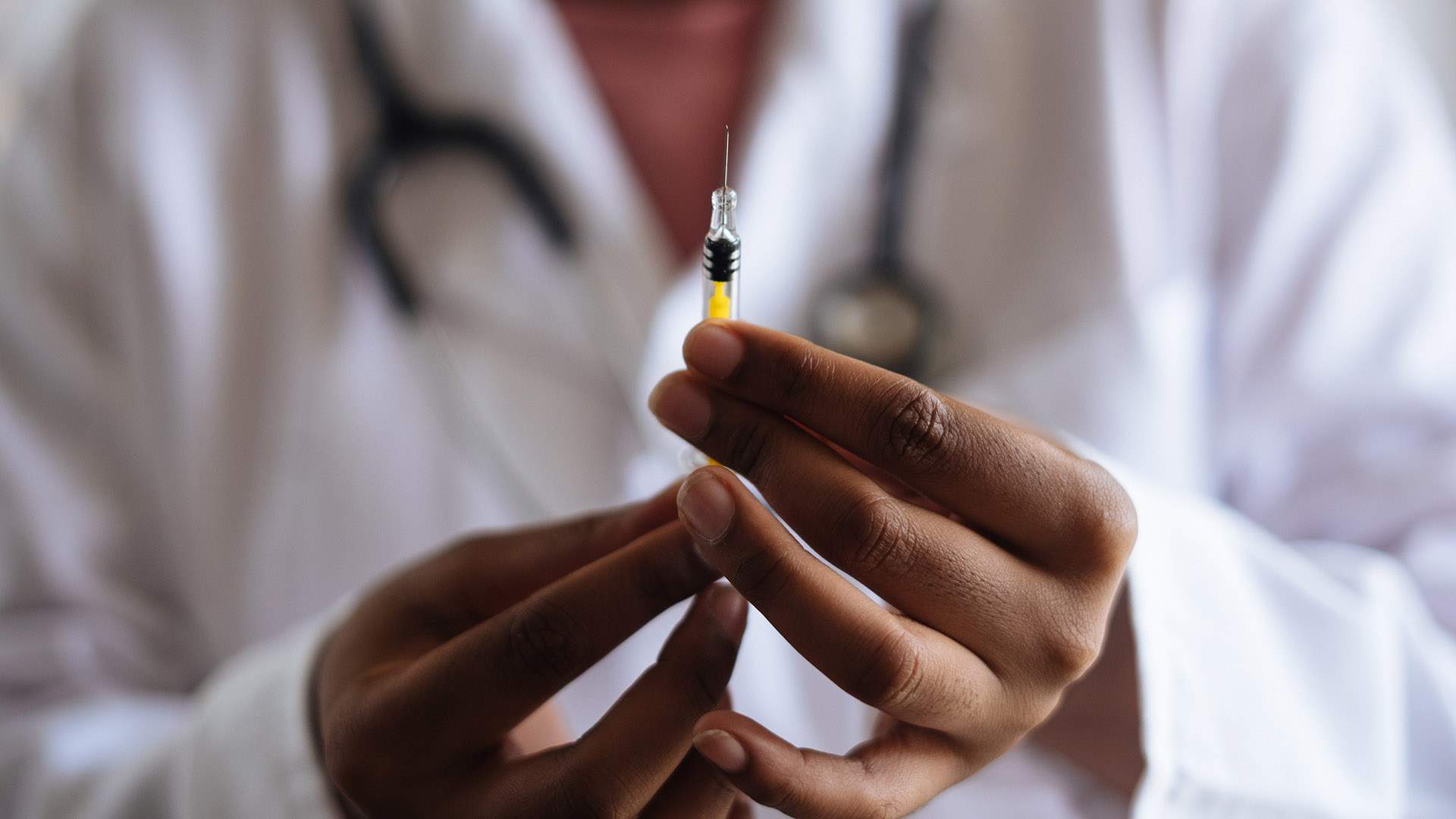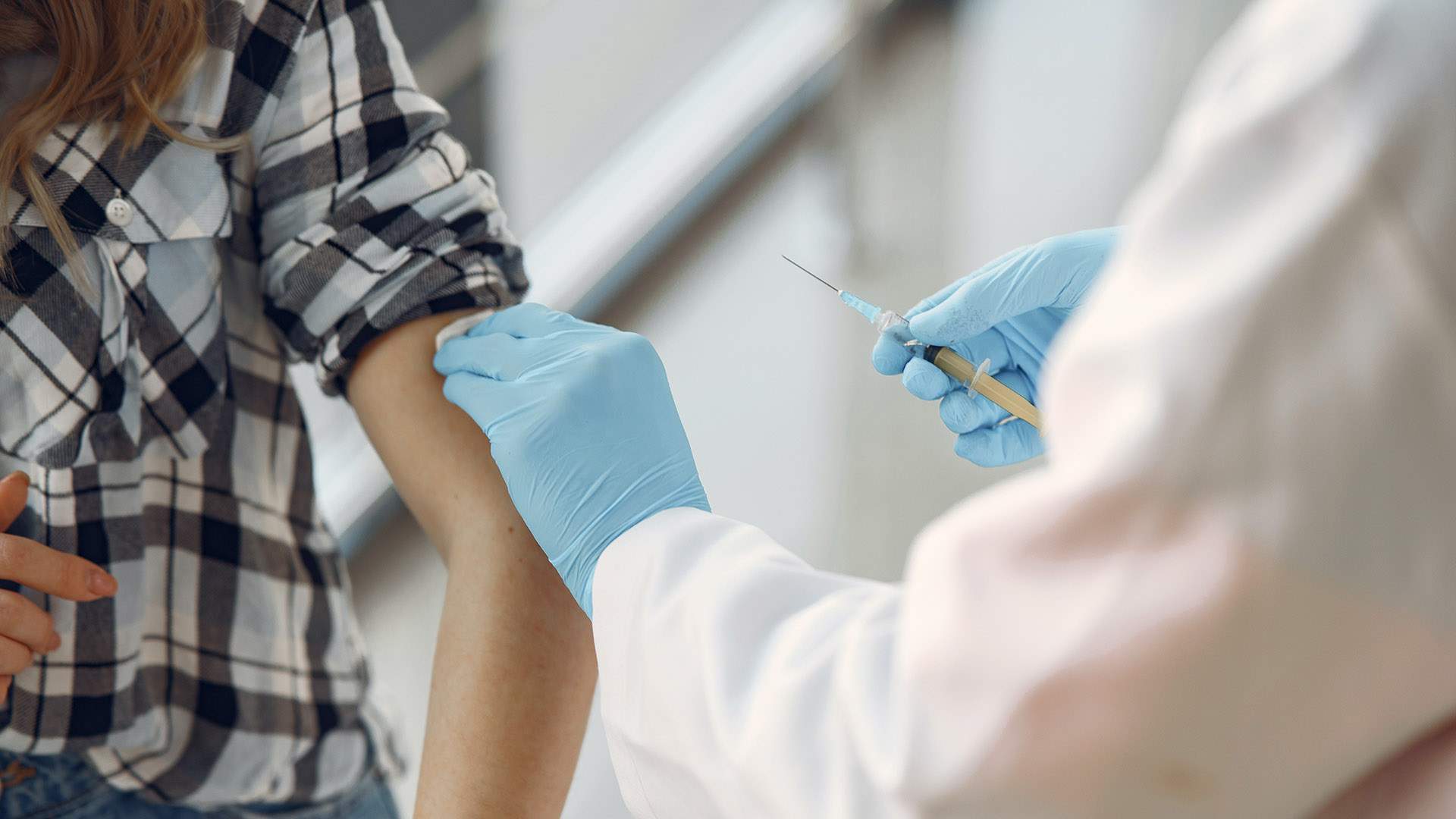The Australian Government Is Planning to Roll Out the COVID-19 Vaccine From Early March
An exact date hasn't been announced yet, but the rollout has been moved forward from the end of March.
In Contagion, the most prophetic film of the 21st century so far, filmmaker Steven Soderbergh didn't just chart the outbreak of a deadly pandemic or introduce everyone to the term 'social distancing'. His eerily accurate thriller also delved into the quest to find a vaccine, too, so that life could go back to normal. And, that's the reality the world has faced since COVID-19 first emerged — with pharmaceutical companies and medical researchers around the globe working furiously to come up with a solution.
Several vaccines have not only been created over the past year — much faster than the usual timeline — but have started being used in countries around the world. The latter is happening in places such as the UK and the US, where coronavirus case numbers have remained at enormous levels. In Australia, where the situation thankfully hasn't reached the same scale, the federal government has decided on a different approach. And today, Wednesday, January 6, Minister for Health Greg Hunt, revealed that doses should start being rolled out locally in early March.
The Minister discussed the current plan in an interview with radio station 2GB, including revealing the change to the schedule — noting that originally the government was going to start administering the vaccine in the second quarter of 2021, then moved that up to late March 2021, and has now jumped forward to the beginning of that month. In recent weeks, as case numbers have been rising in Sydney and Melbourne, the original timeline received criticism. Vaccines need to be evaluated and approved by the Therapeutic Goods Administration before they can be rolled out, with that process currently underway for multiple different vaccines — including from Pfizer-BioNTech and University of Oxford-AstraZeneca.

Hunt also confirmed that the first round of vaccinations will cover frontline workers — particularly those working at hotel quarantine sites and international border checkpoints — as well as health workers and residential aged care facility residents.
"That's the first round, and then we'll work through it in terms of age and other priorities — which are currently being finalised by the medical expert panel, but progressively working down in age and where there are other vulnerabilities in terms of disability or certain Indigenous age groups and others, then they'll all be identified," he said.
As Prime Minister Scott Morrison announced in mid-2020, vaccines will be provided to every Aussie for free when they are rolled out. Australia currently has agreements to receive ten million doses of the Pfizer-BioNTech vaccine, which will be manufactured overseas, and 53.8 million doses of the University of Oxford-AstraZeneca vaccine, with production of the latter already starting locally. Both require two doses per person to be effective.
Obviously, it's expected that the government will provide further details about how everyone will get vaccinated — and specific dates for the start of vaccinations — before the beginning of March.
For more information about the status of COVID-19 in Australia, visit the Australian Government Department of Health website.





